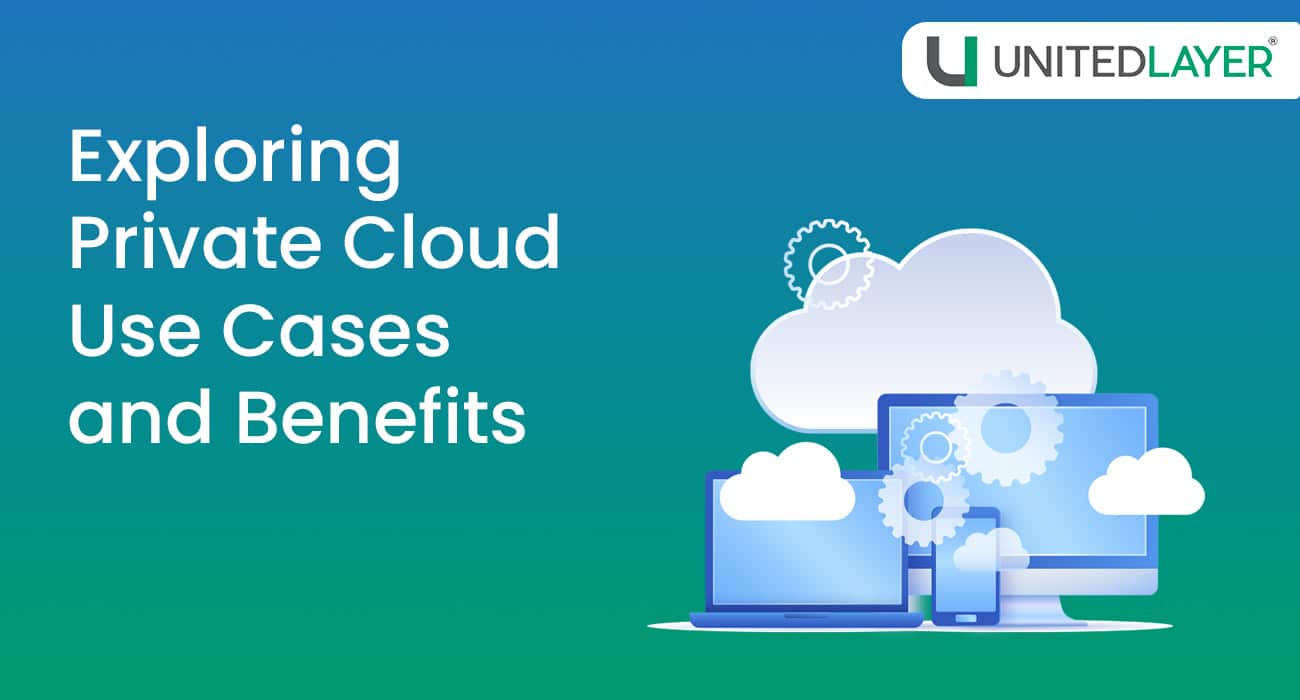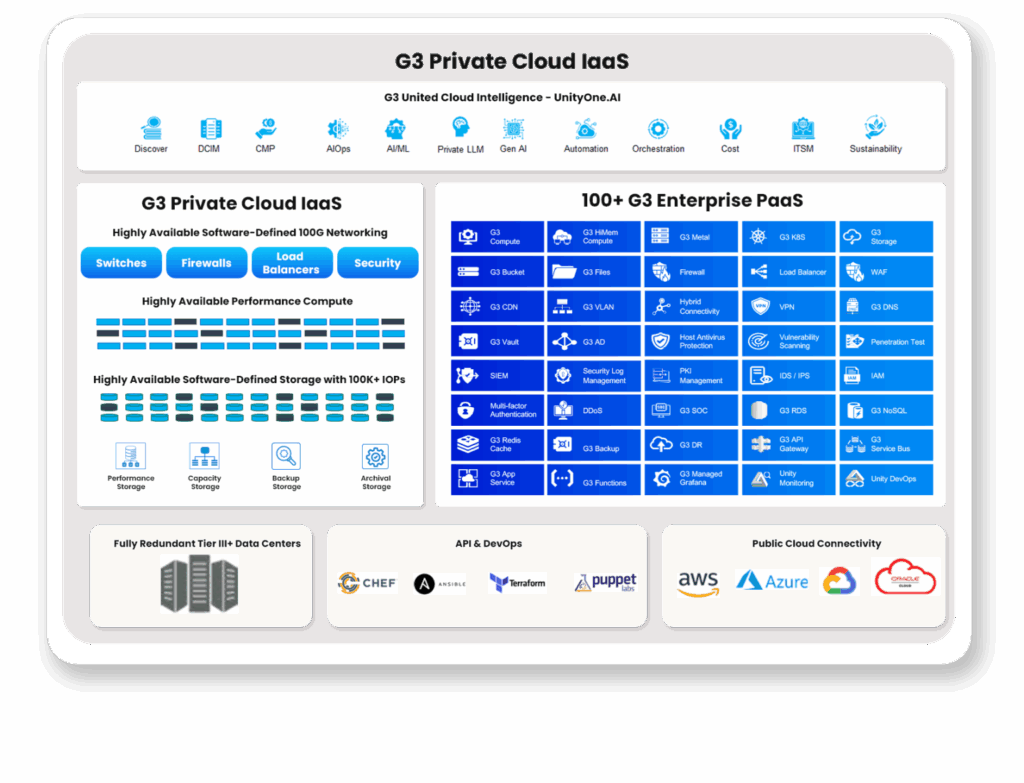A private cloud is a dedicated cloud computing environment reserved for a single organization. Unlike public clouds—where resources are shared across multiple users—a private cloud offers exclusive access to computing, storage, and networking within a secure and controlled environment. It can be deployed on-premises or hosted by a trusted third-party provider.
Private clouds are ideal for businesses that require enhanced security, strict compliance, or greater infrastructure customization. They combine the scalability and flexibility of cloud services with the control and privacy of traditional on-premises IT systems.







